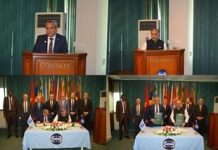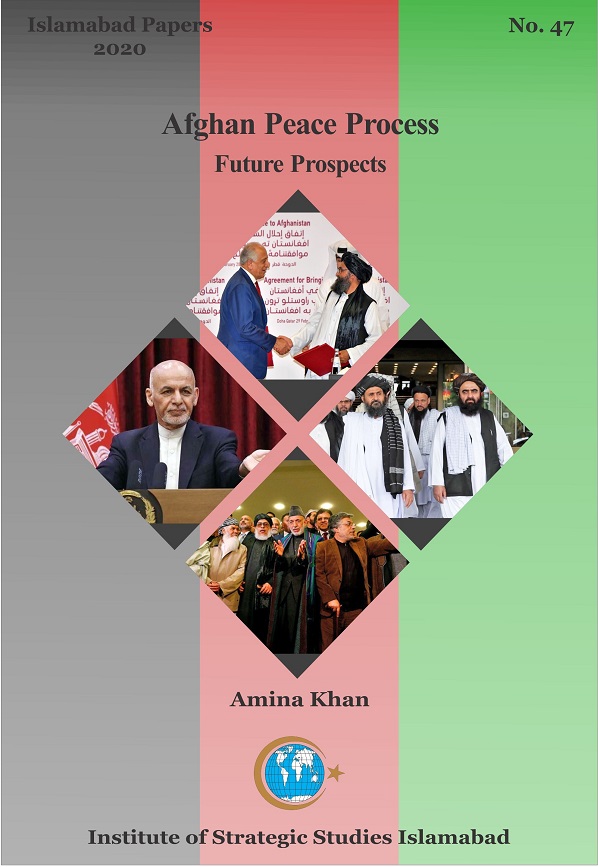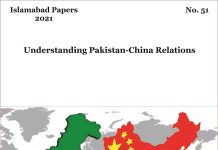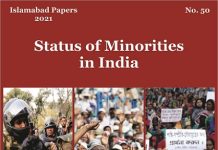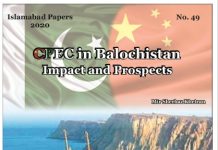Abstract
Since 2001, Afghan history has been beset by half-hearted attempts at achieving a peace agreement between the Afghan Taliban and Kabul. The year 2018 and onwards, however, stands out as a unique time period which has showcased exceptional progress towards the Afghan peace process. An internal shift within the Taliban to become more receptive to dialogue, Kabul’s unprecedented overtures towards the Taliban, the US support for a peaceful settlement and increasing role of regional actors in the peace process are all part of a series of ground-breaking positional pivots that make the prospects of a negotiated settlement plausible. Unfortunately, the road to end the Afghan war is not without its pitfalls as several hurdles continue to block the path to a durable peace process. From certain spoilers within Kabul as well the Taliban that oppose peace and as a consequence continue to take advantage from the status quoto the Islamic State Khorasan Province (ISKP) which benefits from the continued conflict between Kabul and the Taliban, there are many actors diligently working against the peace process in Afghanistan. This study aims to recognise the ongoing critical developments in the peace process and focus on their impacts on Afghanistan. The study also aims to focus on stakeholders ─ Russia, China, and Pakistan and their increasing role in the peace process. Moreover, the paper discusses the challenges that stand in the way of the Afghan peace process.






